
Fortune News | Apr 26,2025
Apr 9 , 2022
By Leulseged Tadese Abebe
The sixth AU-EU summit offered an excellent opportunity to renew the “tired partnership” between Africa and Europe. Political commitment and leadership from both continents will ultimately determine if the declarations from the summit will bear fruit, writes Leulseged Tadese Abebe, career senior diplomat who has served in Geneva, New York and Tel Aviv. The opinions expressed here are the author's own views and not of any other institution.
While the global attention was on the Russia-Ukraine tension – now war – leaders from Africa and the European Union, including Prime Minister Abiy Ahmed (PhD), held an important meeting in Brussels in mid-February 2022. Since the breakout of the COVID-19 pandemic, the gathering was one of the most significant diplomatic events. Postponed due to the pandemic, the meeting was supposed to happen three years ago. Hence, for those who would like to see the return of diplomacy at the highest level, the very idea of witnessing the gathering of the leaders to reinvigorate continental strategic partnership is a welcome development and an encouraging sign.
But the most important question remains, will the promises made at the summit be implemented or will the gathering be remembered only for its lofty declarations?
Africa and Europe have historical, geographical, and people-to-people ties. History has mainly been characterised by colonialism and neo-colonialism. After the political independence of most African states, post-colonial dynamics impacted the relationship, taking on an aid recipient-donor approach. It was an unequal relationship. Even now, equality does not mean both sides have the same political and economic leverages. For instance, the EU"s GDP is almost seven times bigger than the whole economy of Africa.
With foreign assistance becoming less effective, some even call it “dead aid,” demands were made by development experts to reassess and transform the aid dependency syndrome. A new development cooperation approach based on partnership was thus launched. In this new path, Africa and Europe attempted to reorient their old ties by holding the first summit in Cairo, Egypt, in 2000.
Since then, there have been five summits, the last being held in Abidjan half a decade ago. There have been ambitious political declarations to boost the strategic partnership in peace and security, democracy and the rule of law, institutional building, trade, investment, development cooperation and migration.
Encouraging results have been registered. The EU is the largest donor of official development aid (ODA) to Africa. Collectively, the EU is also one of Africa's largest trade and investment partners, including through the 'Everything but Arms' (EBAs) trade preferential scheme. For instance, in 2018, total trade in goods between the 27 EU member states and Africa was worth 235 billion euros. The bloc remains among the largest investors in Africa, particularly France and the Netherlands. Additionally, in 2019, the collective ODA of EU to Africa increased by 3.6pc in nominal terms compared to 2018, reaching 25.9 billion euros, according to the EU Commission.
However, given the historical ties, the geographical proximity, the ambitious political declarations, and the economic potential of Africa, the partnership between the EU and AU has not fully delivered on its promises. The inability of Africa to silence the guns, democratic recession, coups and terrorism, global recession including the Euro crisis and the rise of populist regimes has not helped. The lack of solidarity manifested in responding to the COVID-19 pandemic has also hindered the full realisation of the partnership between the two neighbouring continents. Neither has the 44 billion euros in investments in youth and jobs that were promised at the fifth summit been fully met. Analysts also pointed out that each new summit is held without thoroughly evaluating the implementation status of previous commitments.
In this context, the sixth EU-Africa leaders met and issued another very ambitious declaration, "A Joint Vision for 2030." They agreed "to commit to a Joint Vision for a renewed partnership to build a common future, as close partners and neighbours."
The leaders pledged to foster their cooperation in multiple areas, including peace and security, sustainable and inclusive growth, trade and investment, climate change, energy, and digital transformation.
The major highlight of the summit is the announcement of an Africa-Europe Investment Package of 150 billion euros to support the Sustainable Development Goals (SDGs) of the 2030 Agenda and the AU's 2063 Agenda. No doubt, this is perhaps the most significant delivery of the summit. The declaration stated that finance would be mobilised from private and public sources, including the European Investment Bank and the African Development Bank (AfDB). Observers still doubt if the EU has put in place an effective mechanism to mobilise such a huge investment which, if realised, would be a landmark achievement to consolidate the partnership.
Another important deliverable is that the EU has promised to provide at least 450 million euros to distribute vaccination to Africa, including the training of health workers. This is a positive outcome as only about 15pc of Africans are vaccinated, which is low compared to other continents. However, the EU's reluctance to temporarily waive vaccine patents has been mentioned as a source of disappointment, including among some African leaders.
The summit’s pledge to contribute 13 billion dollars in the form of IMF’s financial support (through special drawing rights) is another outcome of the Brussels gathering. Again, observers argue that this is not enough as Africa still needs additional financing of 250 billion USD by 2025 to recover from the devastating impacts of the COVID pandemic fully.
The summit did offer an excellent opportunity to renew the “tired partnership,” as French President Emmanuel Macron alluded to the strategic cooperation between AU and EU members. The leaders acknowledged the gap between political rhetoric and actual deliveries from past summits. Hence, we could hope that lessons are drawn from both achievements and setbacks this time. More importantly, concrete results would measure the success of the sixth AU-EU summit. Ultimately, enhanced political commitment and capable leadership from both continents would determine if the joint vision of the summit would be realised to benefit both Africans and Europeans.
Since the summit, the dynamics at the global stage have been highly affected by the Russian-Ukrainian war which has almost completely taken the attention of the EU. Though it may appear too early, one may wonder if the post-summit moments have already been lost and if this war and its implications would undermine the implementation of the outcome of the joint declaration.
PUBLISHED ON
Apr 09,2022 [ VOL
23 , NO
1145]
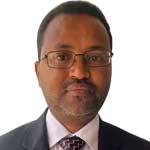

Fortune News | Apr 26,2025

Commentaries | Mar 23,2024

Radar | Sep 22,2024
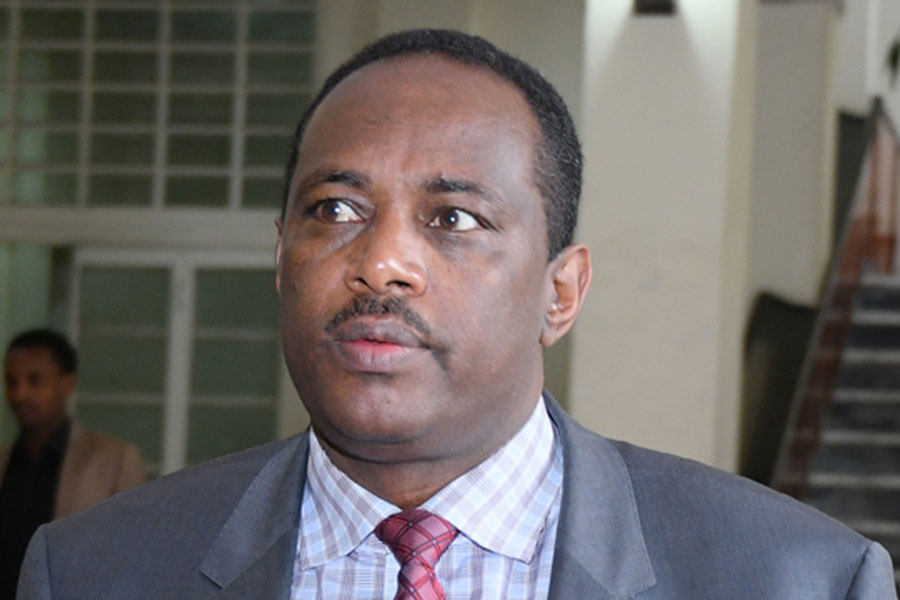
Fortune News | Jun 15,2024
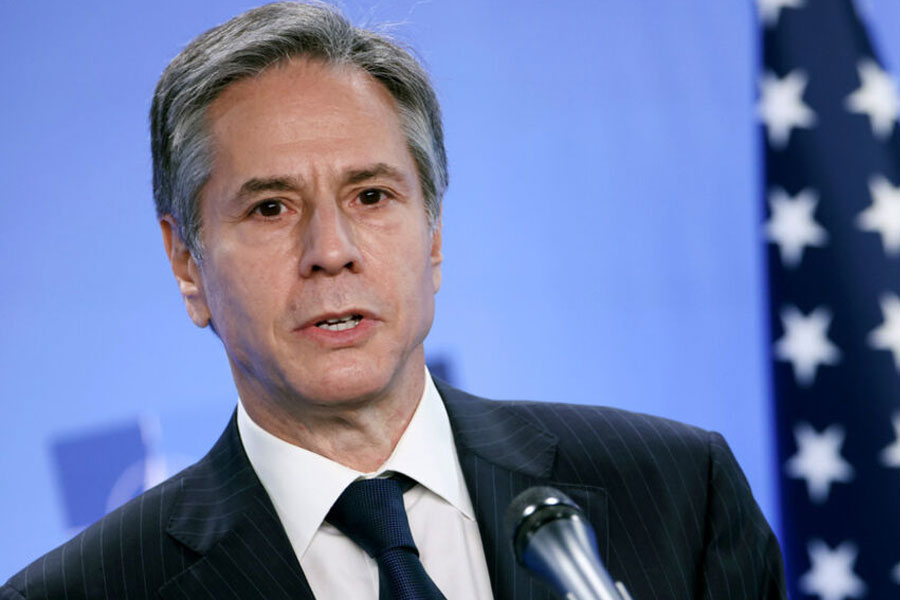
Verbatim | Sep 17,2022
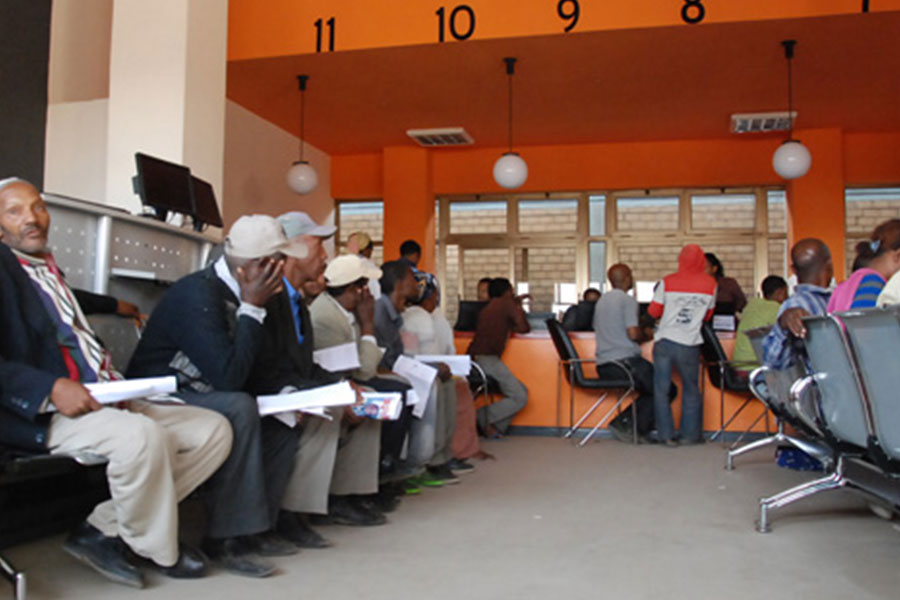
Fortune News | Jan 26,2019

Radar | May 18,2024
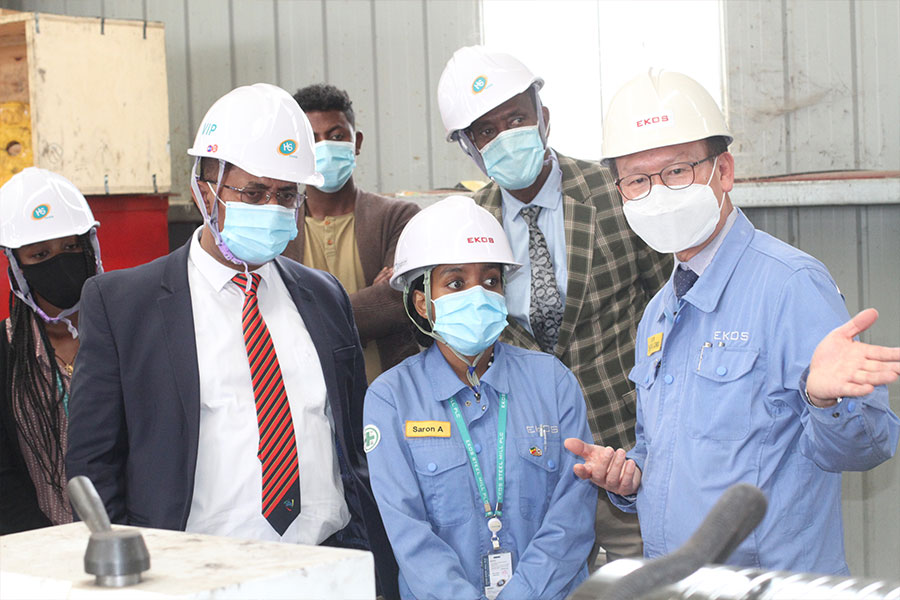
Radar | Jan 16,2021
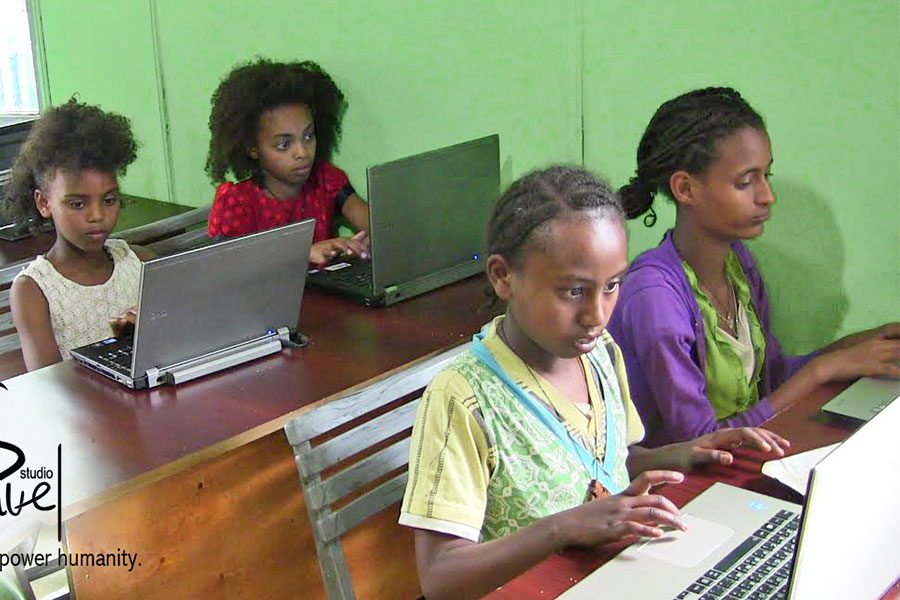
View From Arada | Jan 03,2021

Fortune News | Jan 13,2024

My Opinion | 131770 Views | Aug 14,2021

My Opinion | 128153 Views | Aug 21,2021

My Opinion | 126099 Views | Sep 10,2021

My Opinion | 123721 Views | Aug 07,2021

Dec 22 , 2024 . By TIZITA SHEWAFERAW
Charged with transforming colossal state-owned enterprises into modern and competitiv...

Aug 18 , 2024 . By AKSAH ITALO
Although predictable Yonas Zerihun's job in the ride-hailing service is not immune to...

Jul 28 , 2024 . By TIZITA SHEWAFERAW
Unhabitual, perhaps too many, Samuel Gebreyohannes, 38, used to occasionally enjoy a couple of beers at breakfast. However, he recently swit...

Jul 13 , 2024 . By AKSAH ITALO
Investors who rely on tractors, trucks, and field vehicles for commuting, transporting commodities, and f...

Jul 5 , 2025
Six years ago, Ethiopia was the darling of international liberal commentators. A year...

Jun 28 , 2025
Meseret Damtie, the assertive auditor general, has never been shy about naming names...

Jun 21 , 2025
A well-worn adage says, “Budget is not destiny, but it is direction.” Examining t...

Jun 14 , 2025
Yet again, the Horn of Africa is bracing for trouble. A region already frayed by wars...

Jul 6 , 2025 . By BEZAWIT HULUAGER
The federal legislature gave Prime Minister Abiy Ahmed (PhD) what he wanted: a 1.9 tr...

Jul 6 , 2025 . By YITBAREK GETACHEW
In a city rising skyward at breakneck speed, a reckoning has arrived. Authorities in...

Jul 6 , 2025 . By NAHOM AYELE
A landmark directive from the Ministry of Finance signals a paradigm shift in the cou...

Jul 6 , 2025 . By NAHOM AYELE
Awash Bank has announced plans to establish a dedicated investment banking subsidiary...